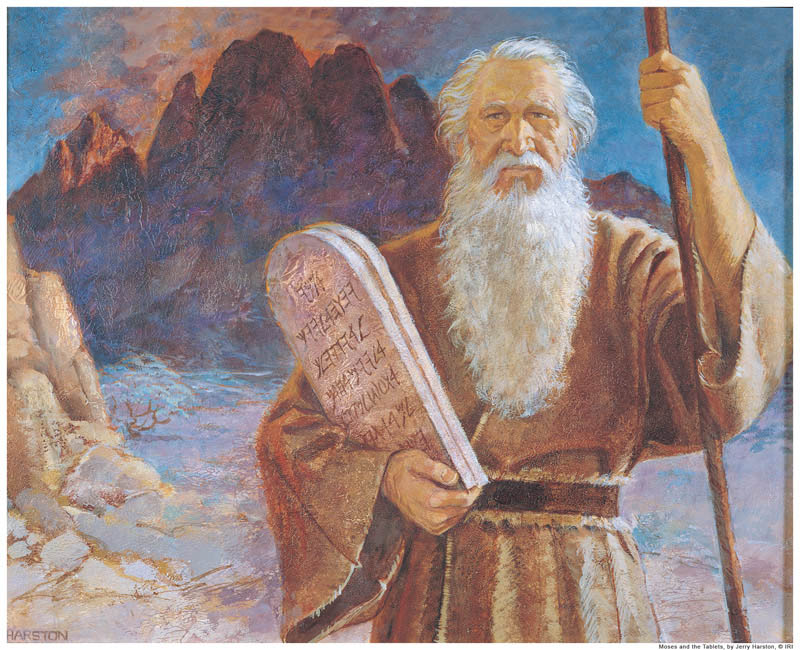Today, many people have decided that when the Bible ended, God closed down the process of revealing His gospel and thus, no prophets are needed and continuous revelation is unnecessary. Many say it is no longer necessary because people can just pray to know what is true and what God wants, rather than going through an intermediary. But is this a Biblical teaching, or merely one devised to explain the lack of prophets in a person’s own religion?
Mankind has always been taught to pray for truth. After Adam and Eve left the Garden, they needed to pray to God for what they needed and for wisdom. The first specific mention of prayer is found in Genesis 20, when Abraham prayed for Abimelech.We know, then, that prayer is found in the Bible. Throughout the Bible, we learn of people praying for wisdom and truth—and prophets still existed. The ability to pray did not alleviate the need for prophets at any time in the Bible.
Individuals have always had the ability to seek God’s wisdom for anything within their own sphere of influence. They can pray to know what is true, what to do, how to care for their families, how to carry out their employment, and how to do their church work. They cannot, however, pray to learn how to do someone else’s job. If a Mormon, for instance, is the Primary president over the children, she can pray to learn how to be a better Primary president and to learn how God wants the Primary run. However, she cannot pray to find out how the Relief Society (women’s auxiliary) is to be run, because that isn’t her responsibility.
Mormons, a nickname for members of The Church of Jesus Christ of Latter-day Saints, believe the only person who can pray to learn how God’s entire church should be run and what doctrines are true for the entire church is the prophet. This has been so since the beginning of time.
Surely the Lord God will do nothing, abut he revealeth his secret unto his servants the prophets (Amos 3:7).
The Bible demonstrates just why we need continuous revelation. Each prophet added new information to the gospel of Jesus Christ—every word after God’s first instruction to Adam has been continuous revelation. It has added to our knowledge of eternal truths, enlarged our understanding, or changed practices. God adapted what was to be practiced at any given time based on the specific needs and abilities of the people.
An example of this is found in Matthew 19. Jesus was asked by the Pharisees why Moses allowed men to divorce their wives. He explained that God allowed it due to the hardness of men’s hearts, but that in the beginning, it was not so. Divorce has not initially been allowed. God had made a change because of the limited capacity of His children at that time. Then Jesus added a new level of requirement to this practice. He taught that if they divorced for any reason other than adultery, they could not remarry. Again, the practice changed to meet the capacity of the people.Without prophets, God could not have made these changes. He didn’t reveal them to each person individually. He revealed them to Moses and then to Jesus Christ, who then took the information to the people.
We can see, as we look around the world, that the idea of individual revelation only has not really been effective. There are thousands of different religions, even within the Protestant tradition, all disagreeing with each other on essential issues such as marriage or baptism. If individual prayer was all that was needed, there would be just one faith and everyone would agree. However, the role of individual prayer has always been to confirm the truths revealed to the prophets, not to turn each of us into prophets, something God has never done in the history of the world. The Bible shows us only certain people are called to be prophets—we cannot call ourselves to that role and it has never been given to everyone to receive new revealed truths. New universal revelation has always come through God’s chosen prophets.



